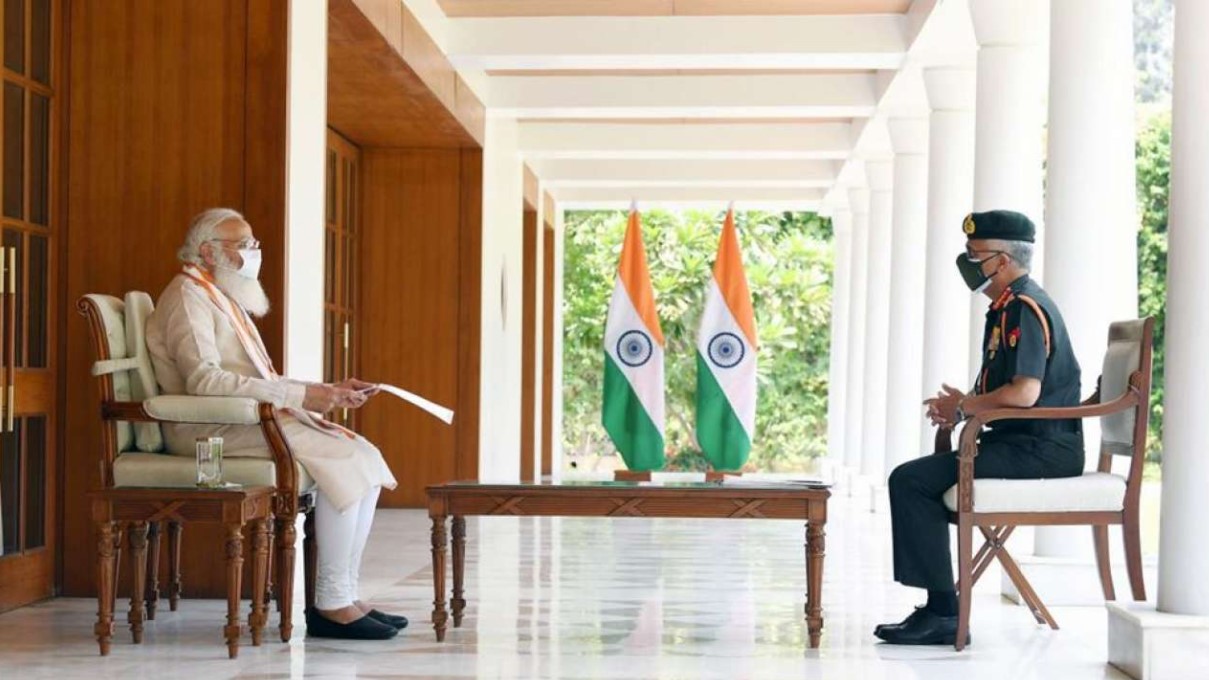
Pandemic, National Security and Armed Forces
Mon, 03 May 2021 | Reading Time: 7 minutes

Pandemic, National Security and Armed Forces
The traditional Tamil treatise, Thirukkural, written over 2,000 years ago had defined a nations’ characteristics, “Pini inmai Selvam Vilaivinbam Emam, aniyenba Nattirkiv vainthu,” implying that, “the important elements that constitute a nation are: being disease free; wealth; high productivity; harmonious living and strong defence.” The UN General Assembly resolution 66/290 had substantiated the concept of human security, “…an approach to… in identifying and addressing widespread and cross-cutting challenges to the survival, livelihood and dignity of their people.” And called for “…people-centered, comprehensive, context-specific and prevention-oriented responses that strengthen the protection and empowerment of all people.”
The virus has gone berserk, the second wave of the COVID-19 pandemic in April 2021, has caused unprecedented devastation in India, daily record breaking positive infections and deaths, and the health infrastructure stretched to near-breaking point. There are virologists following the trends predicting that within a fortnight, the positive cases will be double, as also will be the death cases! There are also threats of a third wave later this year! The devastation caused by the pandemic and volatile future course is examined in three distinct segregation.
Whether the pandemic is an issue of National Security and a National Emergency is the first debatable issue. In the past, National Security has often been focused on external threats, and more specifically external military threats to the unity, territorial integrity and sovereignty – which require a military response. Traditional National Security hence rigorously follows military matters and run the risk of overlooking challenges emanating from non-traditional sources. It is apparent that difference between traditional and non-traditional security threats is not water-tight now, as it appears. Hence National Security transcends into the larger reach of well-being of the people and socio-economic development of the country. As the current pandemic is challenging the very survival and well-being of people, it becomes the primary National Security threat. These cannot be brushed aside as being of lesser consequence than external security threat, say PLA in Eastern Ladakh. Human security caused by Covid19 pandemic, hence, is co-terminus with National Security.
Second, the greatest challenge of our times is to be able to make correct, timely and bold assessments and course-corrections appreciating changes taking place in the country. Are the conditions today and prognostications dire enough to declare National (Public Health) Emergency? Article 352 of the Constitution of India 1949 and 44th Constitutional Amendment Act lay down grave emergency when the security of India or of any part of the territory thereof is threatened, whether by war or external aggression or armed rebellion. Naturally, a pandemic of such horrendous proportions was never anticipated. The Epidemic Diseases Act, 1897 on the other hand is dated, yet is the operative legal provision, with its object of “…better prevention of the spread of dangerous epidemic disease”. However, the law does not define what an “epidemic disease” is.
The Disaster Management Act (DMA), 2005, has wide definition of “disaster” though it does not specifically address the exceptional challenges thrown up by public health emergencies like epidemics. It does provide wide ranging powers like restricting or controlling traffic, people’s movements, making available necessary resources, requiring experts and consultants in the field of disasters, deployment of military forces, coordinating with other countries and international organisations etc. At the exponential rate, at which the Corona virus pandemic is growing, and its wide ramifications, even the DMA will fall short of adequately tackling with it.
It is rather unfortunate that the historical baggage of 1975-1977 comes to fore that makes the Constitutional provision of declaring National Emergency a non-starter. Law dictionary defines emergency “as a failure of the social system to deliver reasonable conditions of life”. An emergency pertains to serious, unexpected, and often dangerous situation requiring immediate action, circumstances that call for immediate action by the public authorities under the powers granted to them.” Though health is a State subject, the raging pandemic and the unpredictability of its continuation has abundantly indicated all-importance of Central Government in last one year. In addition to the panic-stricken peoples, in urban and rural areas alike, there are many who are working to make the fast buck by corrupting the system, hoarding and black-marketing and grossly over-charging life-saving oxygen and drugs and hospitalisation. Curbing the malpractices, controlling national supply chains and rationalising in and out patient management, demand bold action of declaration of National (Public Health) Emergency. However, if over-consideration of 1975-1977 precludes declaration of National Emergency under the Constitution and evoking stringent provisions, minimally we can pronounce it as National Public Health Emergency bring imperative medicines and oxygen as under Essential Commodities (Amendment) Ordinance, 2020, or issue another Ordinance. There is need to tell the nation that this is not business-as-usual, and caution the corrupt that nation will take requisite stringent actions on essential commodities.
Third, as has been argued above that the pandemic is a National Security issue, and it is a National Emergency, what is the specific role of the armed forces in India. Non-traditional national security challenges of this pandemic have assumed greatest of prominence in the national discourse, with wide-spread fear and panic. Armed Forces are instruments of national power, and have essential responsibility in national security. There is a serious situation on the borders with China. In the current scenario case when India is stretched beyond compare, for China to take abnormal territorial advantage by aggression will greatly challenge its attempts to acquire geopolitical soft power internationally, and make it even more pariah nation. However with trust deficit, the border situation should be managed by the forces deployed and employed therein.
The armed forces must also contribute their might in the national well-being. The medical set-up of the Armed Forces has already been dovetailed in the national effort towards pandemic amelioration. Additionally, the transportation effort available with the Indian Air Force and Indian Navy has been put to intensive use. India has administrative machinery in districts around the country, headed by civil servants functioning under respective States. The armed forces on the contrary, have their inherent strengths and a near pan-India presence that stands unmatched. The organisational capability of the armed forces is immense, the command and control system is well charted out for the entire country, an efficient well-tested logistical supply chain and understanding exists. This is the time for the armed forces to stand-up to their prime responsibility – well-being of the peoples of the nation. Four pathways are considered suitable for amalgamating the armed forces in this national effort.
One – in establishing national crisis response mechanisms within the nation. Though there is a central-state dichotomy, this is not the time for brownie points! The pandemic is strongly entrenched in urban areas and is fast spreading to rural areas and the infection is now stated as aerosolised, implying it may not be easy to arrest the spread soon. Armed Forces ought to establish with competent crisis leadership, District and State crisis control centres and National Pandemic Command Centres, military-like, based upon dedicated national data-links and a tailored software. These are not call-centres as many war-rooms currently being established in states! A clear cut charter of dynamic resource allocations, contingent on the gravity of regional and location based pandemic pressures, is a must. In addition there ought to be new-standard architecture of helplines, the current one being unresponsive or already breaking at its seams.
Two, there are obvious serious logistical supply chain anxieties, where needy hospitals are not getting the required resources in time and in quantity. There ought be to a candid national data base of all Covid-related medical establishments, their holding of oxygen-supported beds and ICUs, their daily off-take of oxygen based on clear criteria, internal generation capabilities, and projections for the need in case of hundred-percent increase as is anticipated. This should be available at the Crisis Response Centres. To this must be amalgamated, requirements of home-care patients – which themselves are increasing sharply, in urban and rural environments. With projected daily requirements based on towns, cities, hospitals and nursing homes, CHCs and field hospitals complied at a glance, the logistical oxygen supply chains from manufacturing centres be established and governed. It is stated that the country has credible oxygen-manufacturing capacities, it is only the question of intelligent forecasting, knowledge of daily demand, maintaining of regional reserves, transportation-management, and in-built dynamism in process. There is also a need for being transparent to the nation and all concerned on the management of oxygen, as suspense causes immense disenchantment.
Being a critical commodity, hoarders, black-marketers and the corrupt, and those facilitating leakages in the supply chains, must be simultaneously and strongly taken to task. Once a complete picture is available, fresh oxygen plants should be established in needy areas, and not in an adhoc manner. Similar consideration must be done for critical medicines and health care equipment, as necessary. At dire places with limited facilities, armed forces field hospitals can be deployed or local Community Health Centres (CHCs) converted into field hospitals for vaccinations and critical care.
Three -, the critical shortages of Medical staff – nurses, doctors, paramedics and medical waste-disposal organisation. There are very valid suggestions of increasing this work-force on war-footing with a long term view anticipating the third wave later this year! The decisions cannot be delayed, as the crisis could well multiply. In the interim recall of retired Armed Forces Medical Corps (AMC) personnel, and tasking them to closest hospitals – military or civil, or CHCs is an excellent idea, and the AMC Records must push the envelope in contacting them.
Fourth is the issue of vaccination. Though, there is seeming shortage of vaccines currently, it is likely that the supply chain will get invigorated soon. The armed forces can assist in vaccinating the population at large in distant far flung areas, and in villages using re-trained Battle field nursing assistants (BFNAs). Vaccination campaign has to be on war-path, to protect the lives of the peoples of the country. Naturally, the armed forces have to take due precautions to protect themselves too while discharging the newer responsibility.
They would be naysayers, cautioning against the external threat and primary role of the armed forces. The doyen of Indian strategic thinkers, K Subrahmanyam had defined National Security to include avoidance of shortage of basic requirements of a country’s population – clean air, water, healthy surroundings, environmental security, food, healthcare, education, employment, old age care and governance. The pandemic is a calamity, a national security challenge, that one has not witnessed in life, and will have far-reaching implications on the nation. The well-being of the peoples of India is an essential task for the armed forces, and they have the capacities to undertake it. The Armed Forces involvement in the dire-pandemic situation must be founded on the Doctrine of Necessity – “necessitas non habet legem” – necessity knows no law or justified on grounds of obligation to the people of India.
Author
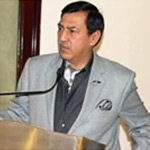
Lt Gen (Dr) Rakesh Sharma served for forty years in Indian Army and commanded the Fire and Fury Corps in Ladakh. He was Adjutant General of the Indian Army, and is currently DISTINGUISHED FELLOW with CLAWS. He is a prolific writer and lectures on geo-strategic and military matters.
Disclaimer
The opinions expressed in this article are the author’s own and do not reflect the views of Chanakya Forum. All information provided in this article including timeliness, completeness, accuracy, suitability or validity of information referenced therein, is the sole responsibility of the author. www.chanakyaforum.com does not assume any responsibility for the same.
Chanakya Forum is now on . Click here to join our channel (@ChanakyaForum) and stay updated with the latest headlines and articles.
Important
We work round the clock to bring you the finest articles and updates from around the world. There is a team that works tirelessly to ensure that you have a seamless reading experience. But all this costs money. Please support us so that we keep doing what we do best. Happy Reading
Support Us




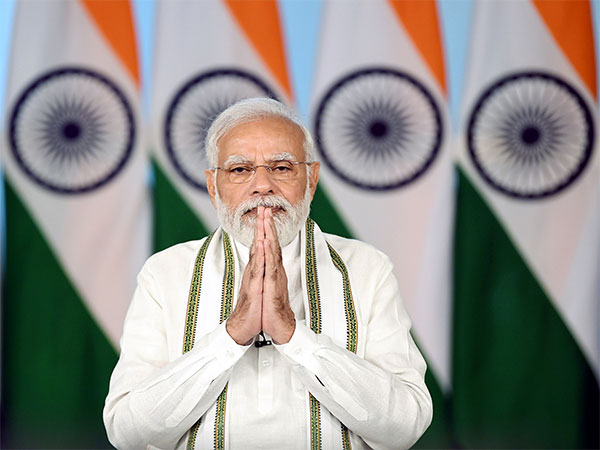
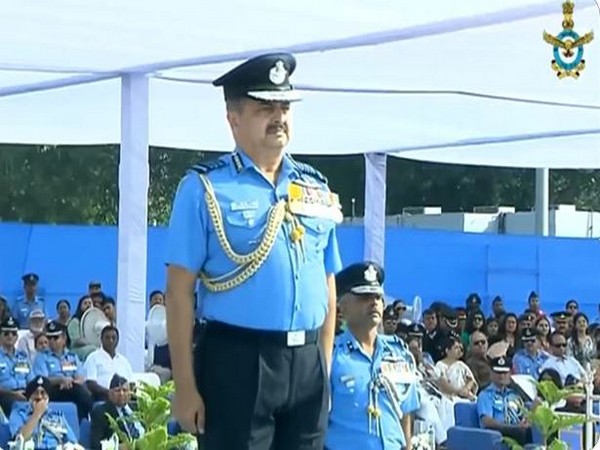
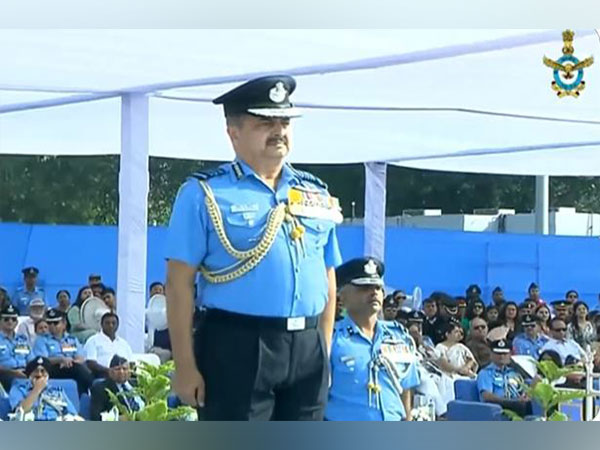

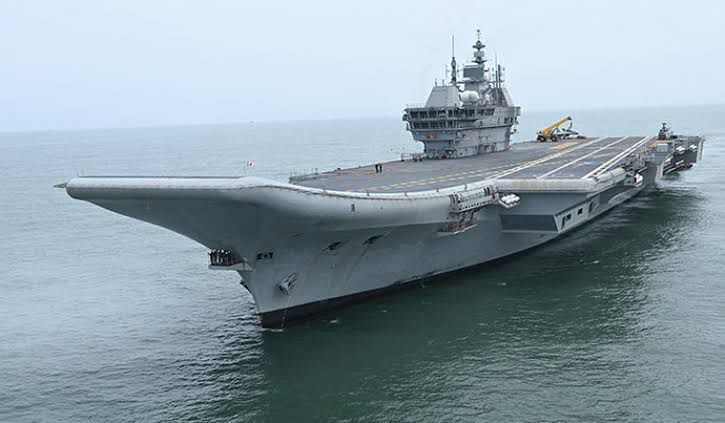
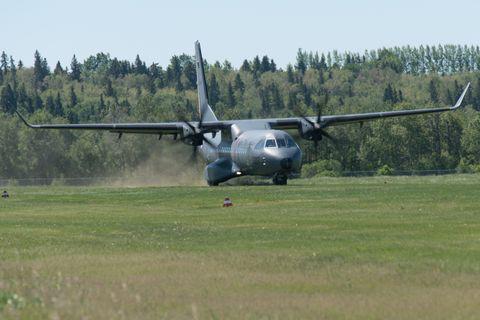
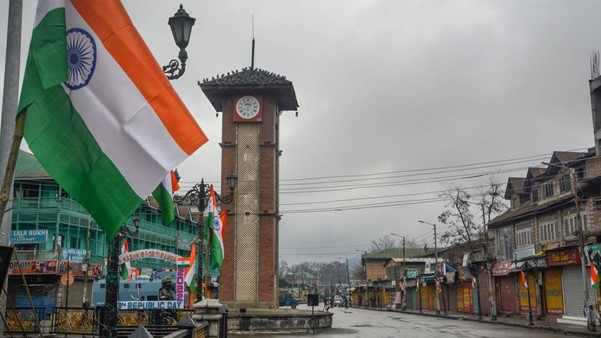
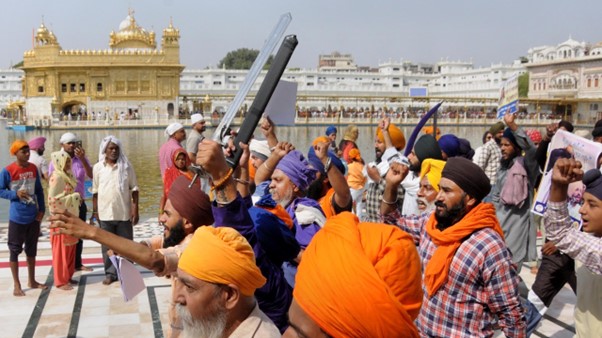
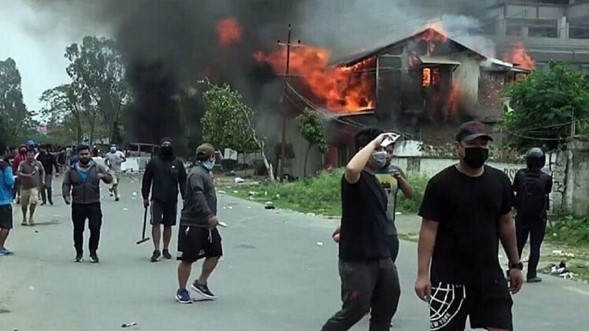
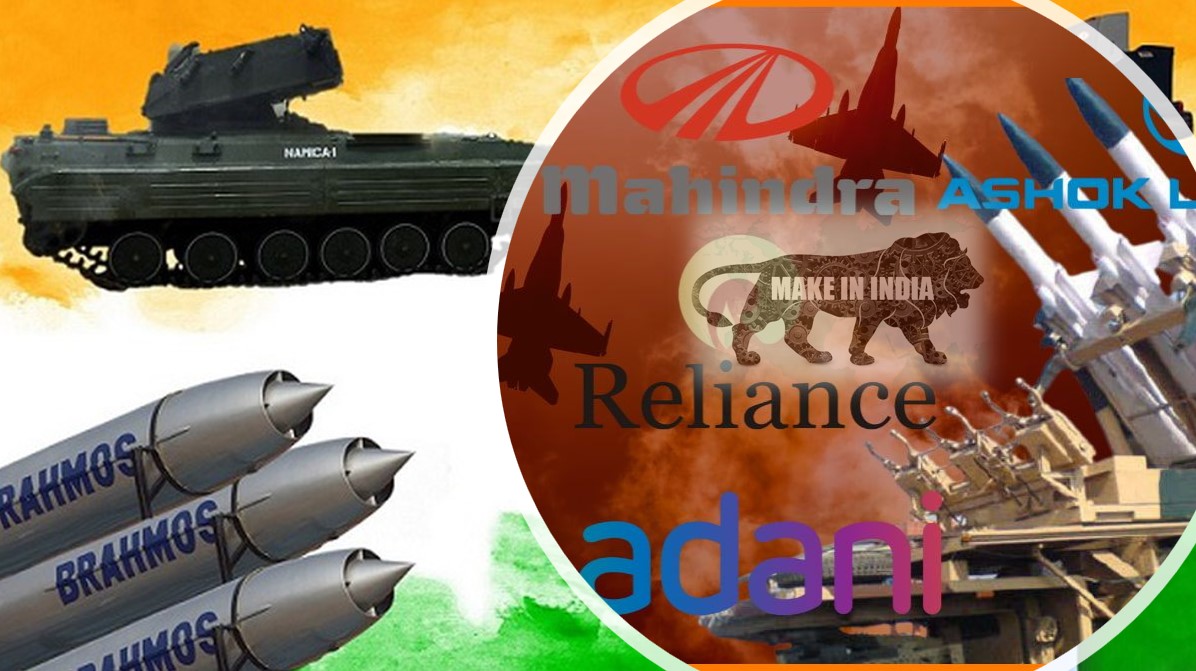






POST COMMENTS (4)
yogesh
A K BARDALAI
RC PATIAL
Brahminder PS Gill